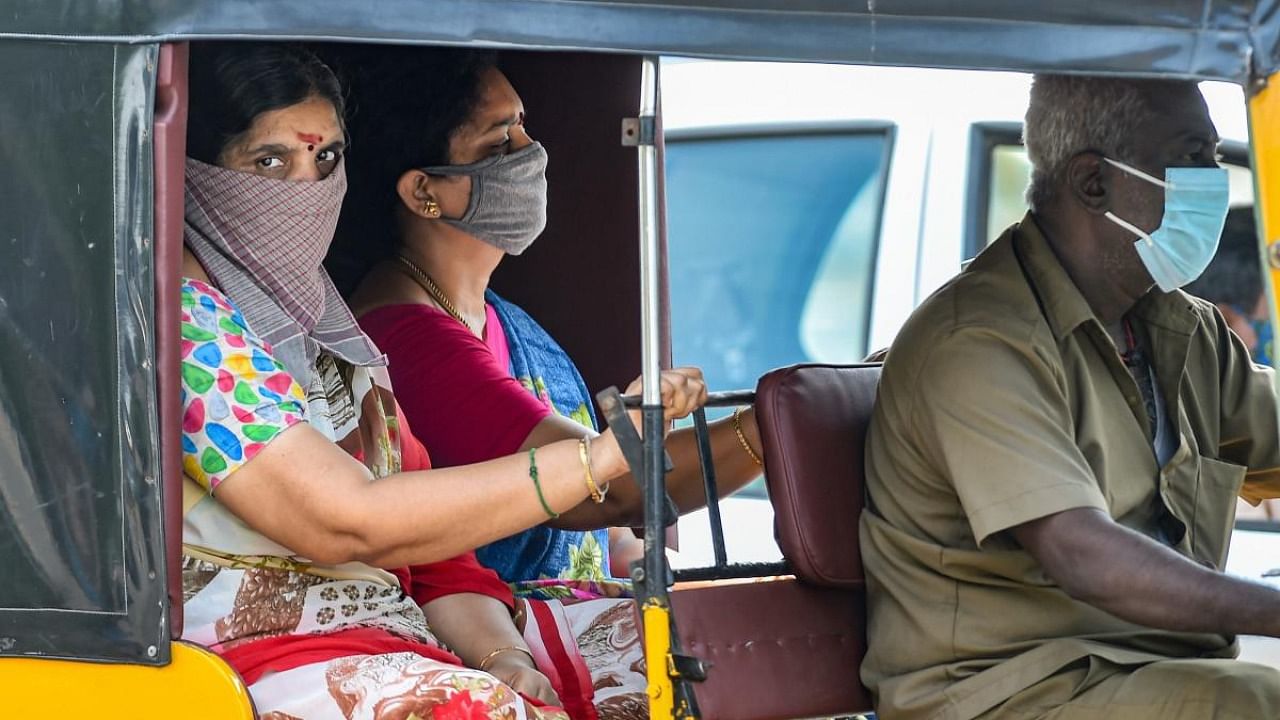
Not two-wheelers and four-wheelers but India's transition towards electric vehicles is being spearheaded by its three-wheelers, revealed data from FADA and Vahan dashboard. While the electric two-wheeler (e2w) sales in April and May 2022 slowed down in India due to the chip shortage and negative customer sentiment tied to electric vehicle fires, the EV transition in the three-wheeler industry has appeared more resolute.
The new electric three-wheelers (e3w) sold in the country in May commanded a lion's share - 56% - out of the total three-wheelers sold during the month, as against a 50% share in each of the three months till April 2022.
E3w manufacturers are extremely bullish about the growth prospects for the industry.
Altigreen founder and chief executive officer Dr Amitabh Saran expected every 9 out of 10 new three-wheelers sold to be e3w by FY25. "By then, with the cells too being made in India, the price is likely to come down even more," Saran said, pointing at the government's incentives towards domestic cell manufacturing.
Analysts attributed the consistently growing adoption of EVs in the 3w industry to the rapid growth of the e-commerce sector and various companies mandating a shift to EVs for their logistic needs.
"E-commerce and quick-commerce will continue to be key drivers for this growth," said Manish Saigal, managing director of Alvarez & Marsal, a consulting firm.
Other industry players, too, pointed at the incentives a cargo-carrying e3w provides as against a fossil fuel-driven one. "Along with government subsidies like FAME and lesser formalities involved in terms of securing permits, an e3w provides scope for higher earnings," said Nitin Kapoor, the managing director of Saera Electric - an electric three-wheeler manufacturer.
Electric cargo 3w provided an attractive source of alternative income to all those who moved back to their hometowns during the pandemic, added Kapoor.
Many global corporates have also hopped on to the EV bandwagon in the three-wheeler space due to their mandates towards cutting carbon footprint.
Global e-commerce and Indian companies have also electrified their last-mile deliveries, pushing up the demand for electric commercial vehicles, said Kalyan C Korimerla, the managing director of Etrio Automobiles.
Financing remains a challenge
While the players agreed that the industry is far from seeing the EV penetration saturate anytime soon, they also pointed out financing of EVs as the key pain point.
"Financing remains a key challenge for this segment. Public sector banks must step up their EV financing facility for e3w so that micro and small entrepreneurs...can also get financing," Korimerla said.
Altigreen's Saran, too, emphasised the role of public sector banks (PSB) in improving the state of financing. "PSBs and retail banks should deal with e3w since NPAs have gone away with telematics making the e3w traceable," Saran said.